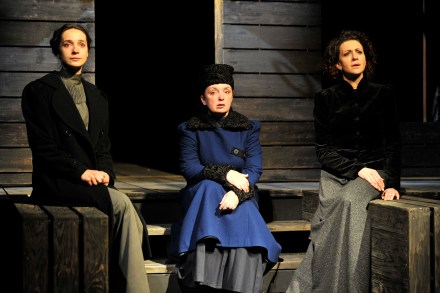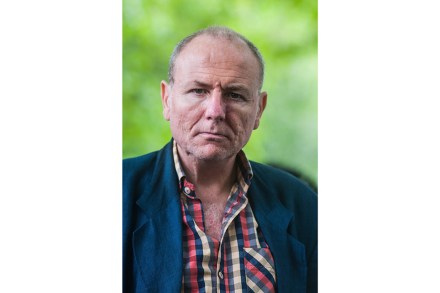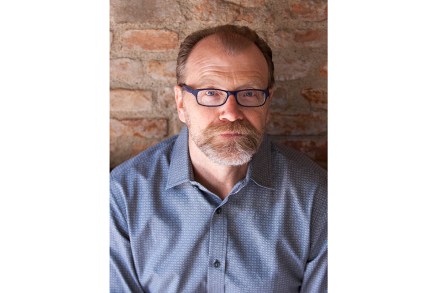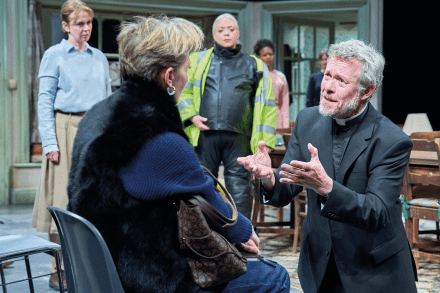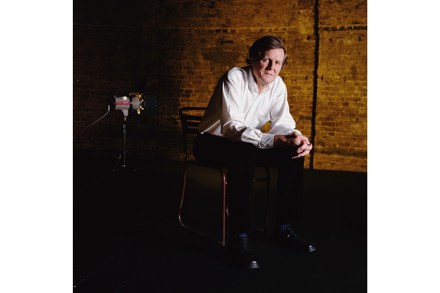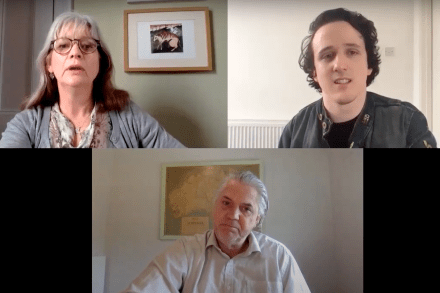How tech ruined theatre
Poor John Dennis. In 1709, the playwright devised a novel technology to simulate thunder to accompany his drama Appius and Virginia. The play flopped and was promptly booted out of the theatre. To add salt to the wound, Dennis’s thunder-generating technique was stolen and inserted into a staging of Macbeth. He accused the producers of ‘stealing his thunder’, birthing the phrase that has long outlived his work. Stage technology has come a long way since. Directors have a toy box of high-tech smoke and mirrors at their disposal. Perhaps it’s more of a Pandora’s box. Live on-stage cameras are particularly in vogue. Watch them crawling all over Jamie Lloyd’s monotone



